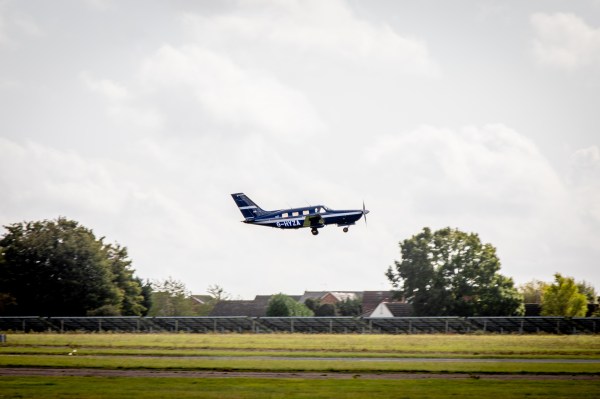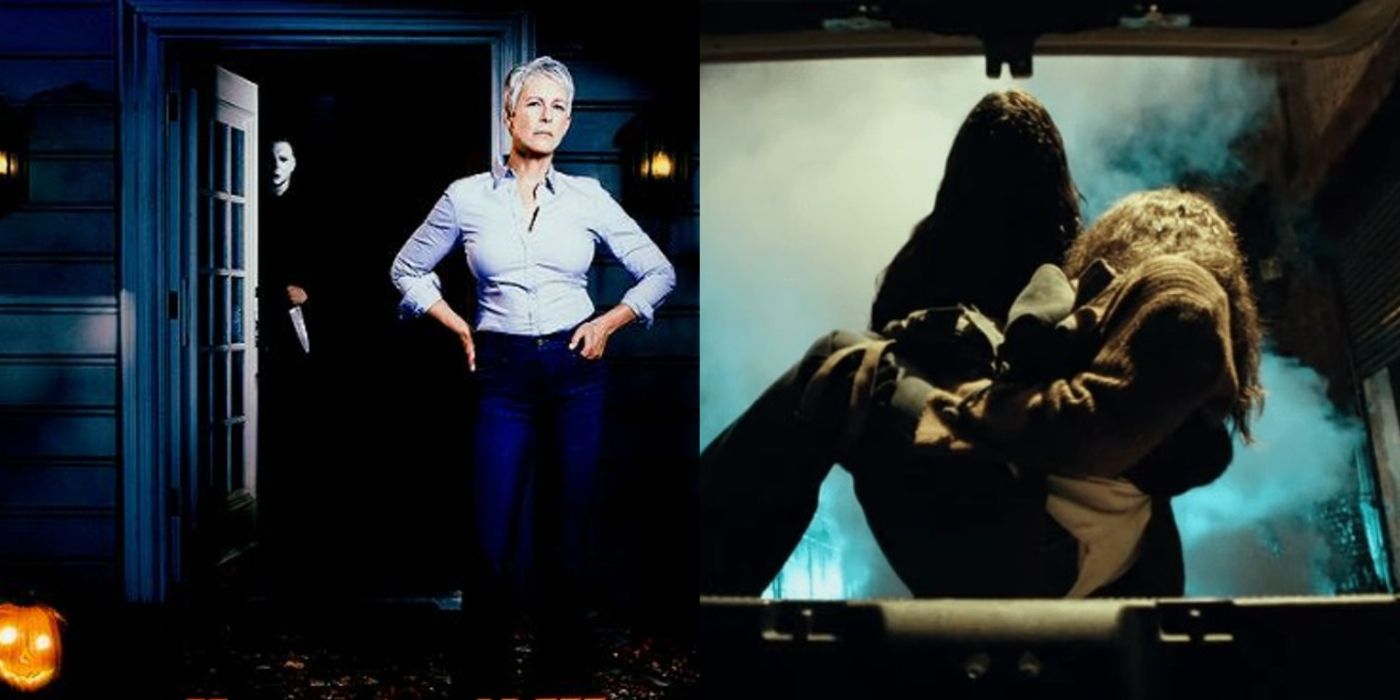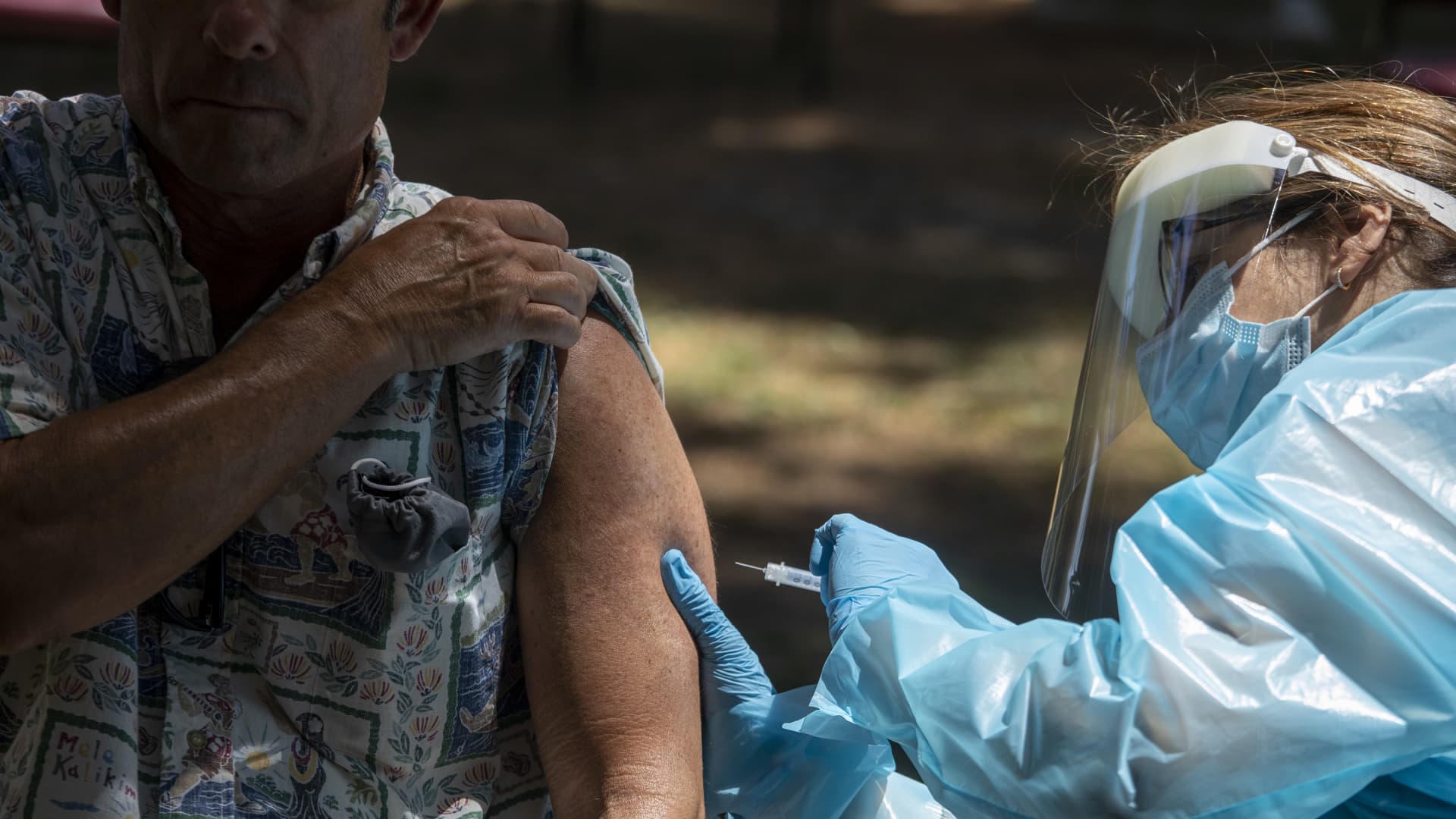Ruben Östlund’s Triangle of Sadness, a broad, raucous satire on modern-day capitalism, has won the Palme d’Or for best film at the 2022 Cannes Film Festival. This is Östlund’s second Palme, after his last film, The Square, a satire on the art world, won the Palme d’Or in 2017.
Östlund’s film follows a group of super-rich models and oligarchs on a luxury cruise who have the tables turned when the ship capsizes and they end up on a desert island. The only survivor who knows how to fish or make a fire is one of the ship’s maids, who soon rises to the top of the social hierarchy. While some found Östlund’s satire a bit too broad and on the nose, it was an audience favorite at the festival.
Östlund celebrated his second Palme win as he did his first, for The Square, getting the entire audience to join him in a “primal scream of joy.”
The win for Triangle is also good news for Neon, who picked up domestic rights to the film in Cannes. The specialty distributor is on a real Palme d’Or run, having snatched up the past three Cannes winners.
Cannes Grand Prix, the runner-up prize, was awarded Ex aequo to Claire Denis’ Stars at Noon, an erotic drama with political overtones set in modern-day Nicaragua, starring Margaret Qualley and Joe Alwyn; and to Close, a coming-of-age story from Belgian director Lukas Dhont, a tearjerker closely inspired by the director’s own life about two 13-year-old boys whose intimate friendship is tested by the onset of puberty.
Denis used her time on stage to call for audiences to “go back to cinemas.”
Dhont accepted his prize together with Close‘s young star Eden Dambrine. He thanked his mother. “I’m here thanks to you because you helped me find my way to connect with others through films and stories.” He dedicated the prize to those “who choose tenderness over fear.”
Park Chan-wook won best director for his romantic mystery thriller Decision to Leave. The beautifully-constructed film noir stars Tang Wei as a mysterious care worker who might also be a murderer. Arthouse streaming service Mubi picked up the Korean drama for multiple territories ahead of the festival, including the U.S. and U.K.
The Cannes Jury Prize was awared ex aequo to EO by Jerzy Skolimowski, an epic journey of one donkey’s turbulent adventures across Poland and Italy; and to The Eight Mountains by Charlotte Vandermeersch and Felix Van Groeningen, which follows the difficult friendship between two straight men who can’t talk about their feelings.
“I would like to thank my donkeys. All 6 of them,” Skolimowski said, accepting his award, before proceeding to call them all out by name. “Thank you donkeys!” he concluded, before giving out a loud, braying “EO!!!”
“This was a crazy thing, because we are Belgians but we made this film in Italy, with Italian actors, we learned Italian for this,” said Van Groeningen, before adding “and we also had two donkeys!”
A special prize in honor of Cannes’ 75th anniversary was awarded to Belgian directors Jean-Pierre and Luc Dardenne for their social realist drama Tori et Lokita, the story of two teenage immigrants from Benin who face a desperate situation as refugees in Europe. The Dardenne brothers are two-time Palme d’Or winners, having taken Cannes’ top prize for The Son (2005) and Rosetta (1999).
Korean star Song Kang-ho won best actor honors for his performance in Broker by Kore-Eda Hirokazu, just two years after Parasite, in which Song also starred, took the Palme d’Or. Song thanked all those “who love Korean cinema.”
Zar Amir-Ebrahimi won best actress for her performance in Ali Abbasi’s Holy Spider as an Iranian journalist in pursuit of a serial killer murdering prostitutes in a deranged attempt to “cleanse” his city of “evil women.”
“I have traveled a long way to be with you tonight,” the Iranian actress said, taking the stage. “It was not an easy story. There was humiliation, but there was cinema There was solitude, but there was cinema. There was darkness, but there was cinema…This movie is about women, it is about their bodies [about] everything that is impossible to show in Iran.” She thanked director Abbasi for his “courage” in daring to tell the story.
Tarik Saleh won best screenplay for Boy from Heaven, an Egyptian thriller, set within Cairo’s Al-Azhar mosque, focusing on the crooked ties between religion and politics.
After making a short video of the audience for his mother, Saleh dedicated his prize to the young filmmakers of Egypt “to raise your voices and tell your stories.”
The first prize of the evening, for best short film, went to The Water Murmurs from Chinese director Chen Jianying. The film follows a woman saying goodbye to her childhood friend before the town they grew up it is about to be destroyed.
The Camera d’Or, the prize for best first film, given across all the Cannes sections, went to War Pony from directors
Gina Gammell and Riley Keough. The coming-of-age of two Oglala Lakota boys trying to navigate life on their South Dakota reservation, War Pony has been one of the audience favorites at this year’s Cannes. It also took home the coveted Palm Dog honor for best canine performance for the gray poodle Brittany, who plays Beast.
Special mention went to the Japanese director Chie Hayakawa for Plan 75, sci-fi documentary set in a future Japan where the government has decreed euthanasia for everyone over the age of 75.
Full winners list below:
Palme d’Or
Triangle of Sadness, dir Ruben Östlund
Grand Prix (ex aequo)
Close, dir. Lukas Dhont
Stars at Noon, dir. Claire Denis
Best Director
Park Chan-wook for Decision to Leave
Best Screenplay
Tarik Saleh for Boy from Heaven
Best Actress
Zar Amir-Ebrahimi for Holy Spider
Best Actor
Song Kang-ho for Broker
Jury Prize (ex aequo)
The Eight Mountains, dir. Charlotte Vandermeersch, Felix Van Groeningen
and
EO, dir. Jerzy Skolimowski,
Cannes 75th Anniversary Prize
Tori et Lokita, dir. Jean-Pierre and Luc Dardenne,
Honorary Palme d’Or
Forest Whitaker
Camera d’Or for Best First Film
War Pony, dir. Gina Gammell, Riley Keough
Special Mention for Plan 75, dir. Chie Hayakawa


























































